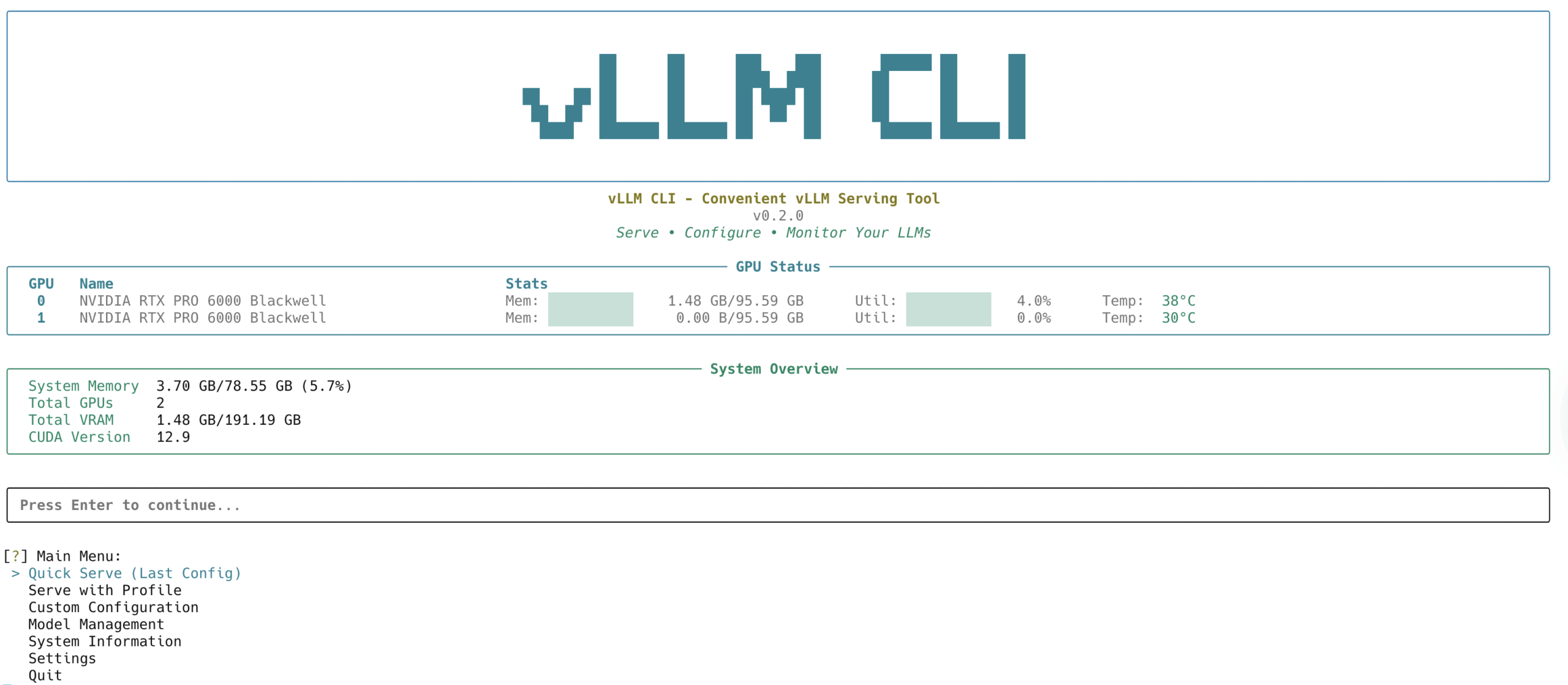Variable substitution and Jinja templates are the core efficiency features of AI-Gist, and the procedure is as follows:
Base variable substitution
- Use curly brackets to label variables when creating new prompts (e.g., {topic})
- A popup box will appear at runtime asking for the value of the variable.
- The system automatically replaces placeholders in the final content with actual values
Advanced Use of Jinja Templates
- Switch to "Template Mode" in the upper right corner of the editor
- Write templates containing logical judgments (example: {% if user type=='VIP' %} exclusive greeting {% else %} general greeting {% endif %})
- The runtime needs to provide the contextual parameters required by the template in addition to the variable values
- The system dynamically generates a version of the content that meets the criteria
Typical application scenarios include generating differentiated marketing talk based on user level or automating the generation of programmed Q&A templates with conditional branching.
This answer comes from the articleAI-Gist: a privacy-first AI cue word management toolThe












